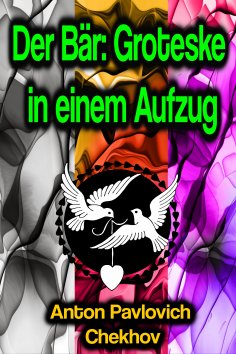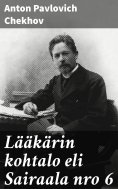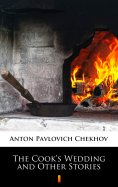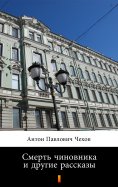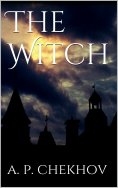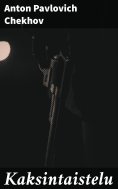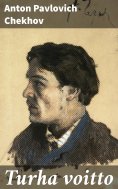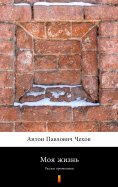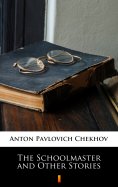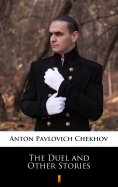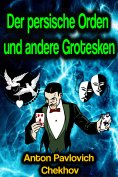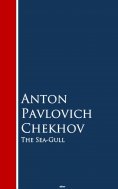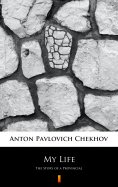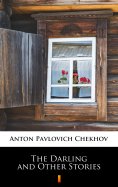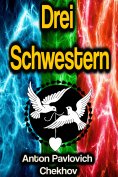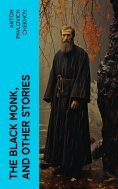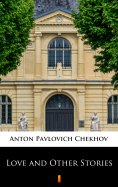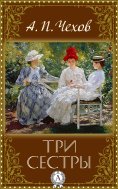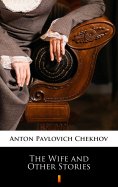Der Bär: Groteske in einem Aufzug
Über das eBook
Der Bär: Groteske in einem Aufzug Anton Pavlovich Chekhov - Erster Auftritt.Frau Popow. Luka.Frau Popow (in tiefer Trauer, sitzt auf dem Sofa rechts, blickt unverwandt eine Photographie an).Luka. Es ist nicht recht, gnädige Frau Sie richten sich zugrunde. Die Magd und die Köchin sind Beeren suchen gegangen, alles, was atmet, freut sich des Daseins, selbst die Katze versteht sich auf ihr Vergnügen schleicht im Hof umher und fängt Vögel; bloß Sie hocken den ganzen Tag im Zimmer, gerade wie in einem Kloster und haben so gar keine Freude Ja, wahrhaftig, wenn man genau nachrechnet, haben Sie ein Jahr lang das Haus nicht verlassen.Frau Popow. Und ich werde es auch niemals verlassen Wozu? Mein Leben ist abgeschlossen Er liegt im Grabe, ich habe mich zwischen diesen vier Mauern begraben Wir sind beide gestorben.Luka. Da hat man es! Es ist nicht zum Anhören, wirklich wahr! Nikolai Michailowitsch ist gestorben, so war es Gottes Wille, Gott geb' ihm die ewige Ruh' Sie haben sich gegrämt, nun ist's genug, es ist Zeit, aufzuhören. Man kann nicht ewig weinen und Trauerkleider tragen. Auch mir ist vor Jahren meine Alte gestorben Ich habe mich gegrämt, einen Monat lang habe ich geweint, und dann war's genug. Kann man denn ewig Klagelieder singen?
Über den Autor
Anton Pavlovich Chekhov (Russian: ) was born in the small seaport of Taganrog, southern Russia, the son of a grocer. Chekhov's grandfather was a serf, who had bought his own freedom and that of his three sons in 1841. He also taught himself to read and write. Yevgenia Morozova, Chekhov's mother, was the daughter of a cloth merchant."When I think back on my childhood," Chekhov recalled, "it all seems quite gloomy to me." His early years were shadowed by his father's tyranny, religious fanaticism, and long nights in the store, which was open from five in the morning till midnight. He attended a school for Greek boys in Taganrog (1867-68) and Taganrog grammar school (1868-79). The family was forced to move to Moscow following his father's bankruptcy. At the age of 16, Chekhov became independent and remained for some time alone in his native town, supporting himself through private tutoring.In 1879 Chekhov entered the Moscow University Medical School. While in the school, he began to publish hundreds of comic short stories to support himself and his mother, sisters and brothers. His publisher at this period was Nicholas Leikin, owner of the St. Petersburg journal Oskolki (splinters). His subjects were silly social situations, marital problems, farcical encounters between husbands, wives, mistresses, and lovers, whims of young women, of whom Chekhov had not much knowledge the author was shy with women even after his marriage. His works appeared in St. Petersburg daily papers, Peterburskaia gazeta from 1885, and Novoe vremia from 1886.Chekhov's first novel, Nenunzhaya pobeda (1882), set in Hungary, parodied the novels of the popular Hungarian writer Mór Jókai. As a politician Jókai was also mocked for his ideological optimism. By 1886 Chekhov had gained a wide fame as a writer. His second full-length novel, The Shooting Party, was translated into English in 1926. Agatha Christie used its characters and atmosphere in her mystery novel The Murder of Roger Ackroyd (1926).Chekhov graduated in 1884, and practiced medicine until 1892. In 1886 Chekhov met H.S. Suvorin, who invited him to become a regular contributor for the St. Petersburg daily Novoe vremya. His friendship with Suvorin ended in 1898 because of his objections to the anti-Dreyfus campaign conducted by paper. But during these years Chechov developed his concept of the dispassionate, non-judgmental author. He outlined his program in a letter to his brother Aleksandr: "1. Absence of lengthy verbiage of political-social-economic nature; 2. total objectivity; 3. truthful descriptions of persons and objects; 4. extreme brevity; 5. audacity and originality; flee the stereotype; 6. compassion."Chekhov's first book of stories (1886) was a success, and gradually he became a full-time writer. The author's refusal to join the ranks of social critics arose the wrath of liberal and radical intelligentsia and he was criticized for dealing with serious social and moral questions, but avoiding giving answers. However, he was defended by such leading writers as Leo Tolstoy and Nikolai Leskov. "I'm not a liberal, or a conservative, or a gradualist, or a monk, or an indifferentist. I should like to be a free artist and that's all..." Chekhov said in 1888.
Produkt Details
Verlag: Phoemixx Classics Ebooks
Genre: Belletristik & Literatur
Sprache: German
Umfang: 222 Seiten
Größe: 599,9 KB
ISBN: 9783986774448
Veröffentlichung: 14. Januar 2022
